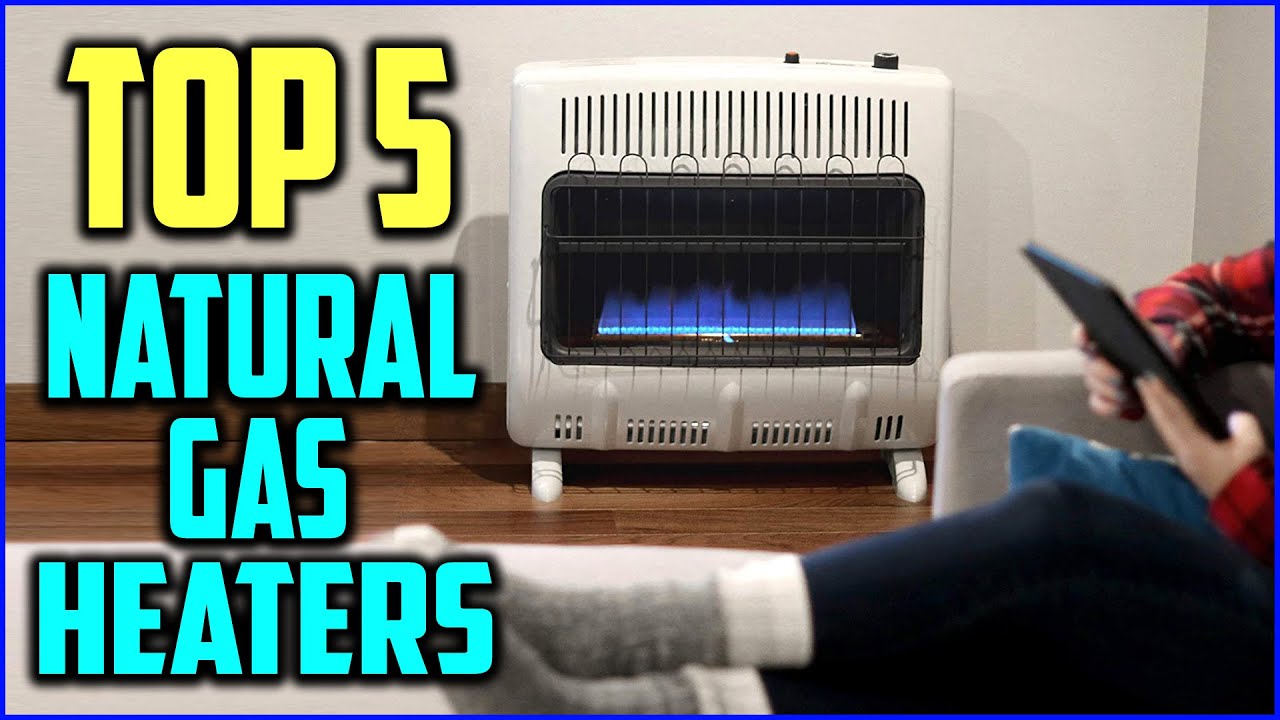Gas heaters offer a safe, efficient way to heat your home. They also come with a variety of features that help make them more convenient to use.
One of the most important safety aspects of any heater is an oxygen depletion sensor (ODS). This prevents carbon monoxide poisoning by monitoring the level of oxygen in the room and shutting off the gas heater if it’s too low.
Energy Efficiency
Gas heaters can be powered by natural gas or propane (also called liquefied petroleum gas or LPG). This fuel is clean, safe and reliable.
The energy efficiency of a gas heater varies depending on how much of the fuel is turned into heat. It’s usually between 55-97% efficient.
It’s important to remember that not all of the gas in the tank results in heat output – some is lost as moisture or exhaust gases.
This means that a gas heater will use more energy than an electric heater to produce the same amount of heat. However, the operating costs of a gas heater are typically cheaper than that of an electric model because mains gas is approximately three times less expensive than electricity.
In addition, there are a variety of gas heaters that offer improved fuel efficiency and performance, including gas open fireplaces, convector and radiant heat models. Most of these products are certified to AS4553 standards and are rated according to the gas energy rating or Star Rating system.
Durability
Gas heaters are an excellent choice for heating your home, especially if you live in a colder climate. Not only are they fuel efficient, but they also offer a number of benefits such as reducing your energy bills and contributing to less air pollution.
They also come with a warranty, which means you can enjoy peace of mind knowing your heater is working properly and safe to use. However, it is important to remember that regular maintenance is necessary to keep your appliance in top shape.
A well-maintained system will require fewer repairs and cut down on your operating costs. It is important to have your gas heater inspected and serviced by a professional HVAC technician on an annual basis to make sure that all the parts are in good working condition. It will also help improve the performance of your unit.
Safety
Gas heaters are a great way to keep your home warm and comfortable during winter, but they can also pose serious safety concerns. If not used properly, they can cause fires or spill toxic gases such as carbon monoxide.
To reduce the risk of a gas heating fire, Energy Safe Victoria recommends that all gas heaters are serviced and tested annually by a qualified technician. This ensures that they operate safely and efficiently.
Aside from regular servicing, you should also make sure that your gas heater is compliant with Australian safety standards. This includes ensuring it’s an open flue gas heater that’s been installed correctly, regularly serviced and maintained by a licensed gas fitter.
Some open flue gas heaters can generate negative pressure within rooms, which can draw exhaust gases up into living areas. To avoid this, have your licensed gas fitter check that airflow is adequate through the room and the ducting.
Cost
A gas heater has a higher upfront cost than an electric heater, but its operating costs are often lower. Its running costs will vary depending on fuel costs, local climate and your usage patterns.
A high-efficiency gas heating system can help you halve your energy bill, with rebates available from your local utility provider. It also reduces your greenhouse gas emissions by 83% compared to electricity generated from coal.
The size of the furnace you need depends on your climate zone and the amount of BTUs required to keep your home comfortable. A 1,000-square-foot home requires an average of 45,000 to 50,000 BTUs, while a 2,000-square-foot home needs 90,000 to 100,000.
Because gas heaters are combustible, they require regular maintenance to ensure their safety and efficiency. This includes a checkup of the furnace, venting and cleaning the burners.

